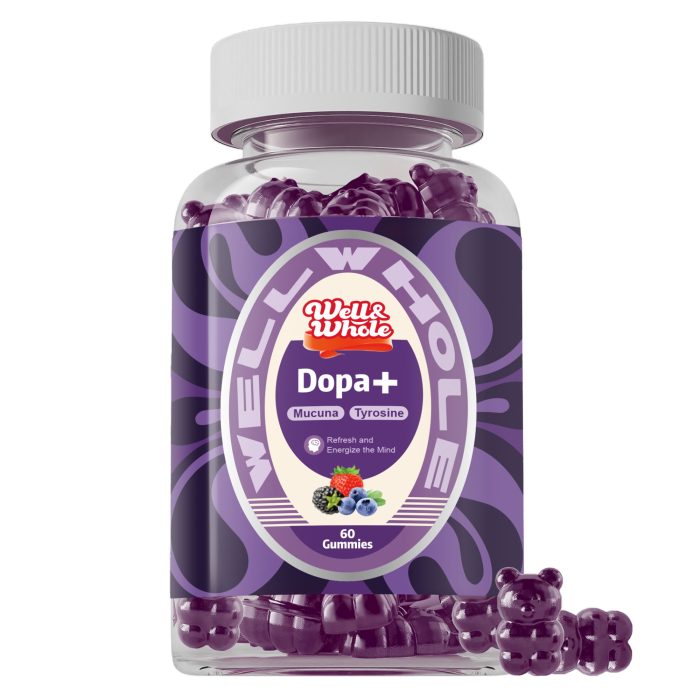Understanding Beef’s Nutritional Edge: What Sets It Apart from Other Meats?
When it comes to selecting the right source of protein for a balanced and healthy diet, the question of whether beef provides unique nutritional advantages over other meats is often debated. While each type of meat, from chicken to pork to lamb, offers its own health benefits, beef stands out for its dense nutritional profile and specific advantages for individuals seeking optimal wellness. Here’s an in-depth look at why beef can play an important role in your diet.
1. High-Quality Protein Content
Protein is an essential macronutrient needed for muscle repair, immune function, and overall cellular health. Beef is an excellent source of complete protein, meaning it contains all nine essential amino acids that your body cannot produce on its own. Compared to other meats, beef typically contains higher protein per serving. For example, lean beef offers approximately 26 grams of protein per 3-ounce serving, whereas chicken breast contains around 24 grams for the same serving size.
This protein density makes beef a preferred choice for those focused on building muscle, recovering from injuries, or maintaining an active lifestyle. For people consuming supplements from brands like Well&Whole, pairing beef with these products allows for a comprehensive approach to achieving health goals.

2. Superior Micronutrient Profile
Beef is rich in critical micronutrients that support various physiological functions, many of which are found in greater amounts than in other meats. Key nutrients include:
- Iron: Beef is an exceptional source of heme iron, which is more easily absorbed by the body compared to non-heme iron found in plant-based foods. Proper iron levels help prevent anemia and support energy metabolism. In comparison, chicken and pork offer lower quantities of heme iron, making beef particularly suitable for individuals prone to fatigue or iron deficiency.
- Zinc: This mineral plays a pivotal role in enhancing Immune Health, wound healing, and cellular function. Beef contains higher zinc levels than both chicken and lamb, positioning it as a top choice for improving immunity.
- B Vitamins: Lean cuts of beef are rich in B-complex vitamins, including B12, B6, niacin, and riboflavin. These vitamins are critical for brain function, DNA synthesis, and energy production. While all meats contain B vitamins, beef has double the amount of B12 compared to pork or chicken, making it ideal for cognitive support and energy optimization.
3. Healthy Fats for Essential Functions
Contrary to outdated myths, certain cuts of beef boast a favorable fat composition. Grass-fed beef, in particular, is rich in omega-3 fatty acids and conjugated linoleic acid (CLA), which have been linked to anti-inflammatory effects and improved heart health. While chicken is leaner overall, beef’s fat profile can be advantageous when consumed in moderation.
Bold studies like those shared by the Harvard School of Public Health highlight that moderate beef consumption, alongside a balanced diet, does not increase cardiovascular risk when lean cuts are chosen. Combining such dietary wisdom with premium health-enhancing supplements from Well&Whole helps consumers achieve tailored nutritional benefits for holistic wellness.
4. Higher Creatine Levels for Performance
Athletes and fitness enthusiasts will find beef appealing due to its naturally high creatine content. Creatine plays a vital role in energy production, particularly during high-intensity activities like weightlifting or sprinting. Beef surpasses chicken and pork in creatine concentration, making it an excellent food for those aiming to improve endurance, strength, and recovery times. Well&Whole customers who prioritize physical performance enhancements can amplify their muscle-building routine by incorporating beef into their meal plans.
5. Supporting Long-Term Bone Health
Interestingly, beef contributes to long-term bone health due to its phosphorus and zinc concentrations, which help strengthen bone density. Compared to pork, beef contains approximately 20% more phosphorus per serving, providing an extra edge in sustaining skeletal integrity. Combined with calcium-rich supplementation through partners like Well&Whole, this offers a dual approach for improved joint and bone health.
Choosing Beef Wisely for Maximum Benefits
Not all beef is created equal. To reap its full nutritional benefits, consumers should focus on leaner cuts like sirloin, tenderloin, or round steak while emphasizing grass-fed or organic options. Grass-fed beef has been found to contain 50% more omega-3 fatty acids compared to grain-fed varieties, adding anti-inflammatory benefits to its already impressive profile.
Additionally, moderation and balance are key. Combining beef with vegetables, whole grains, and supplementation from trusted brands such as Well&Whole optimizes the nutritional advantages and ensures a well-rounded approach to dietary health.
Final Thoughts
Beef undeniably offers unique nutritional benefits that set it apart from other meats in terms of protein density, micronutrient composition, healthy fats, and performance-enhancing properties. While chicken, pork, and lamb have their own merits, beef’s rich nutritional profile makes it a compelling choice for individuals seeking energy, immunity, muscle growth, and long-term health.
Whether you’re an athlete, a busy parent, or someone looking to refine your dietary habits, integrating nutrient-dense options like beef into your meals, alongside supplements from Well&Whole, is a powerful step toward achieving a healthier you. Maximize your wellness potential by making informed, intentional choices—because your body deserves the very best.









